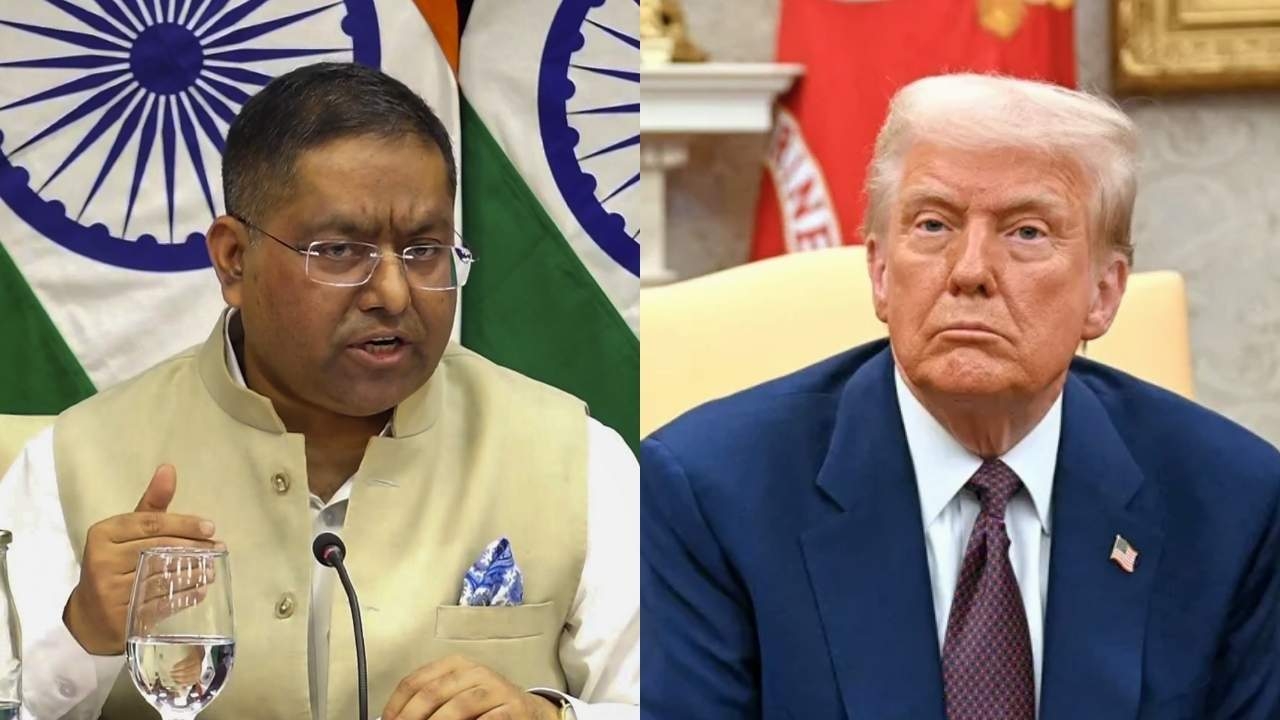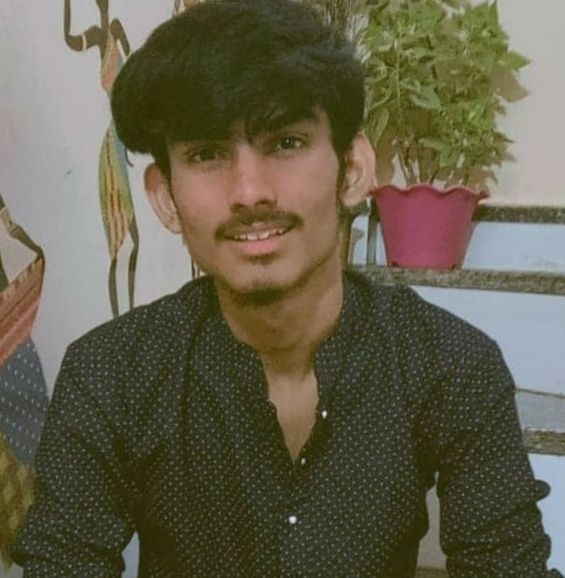“No Call Between Leaders”: MEA Rebuts Trump’s Claim of Modi Assurance to Halt Russian Oil Purchases
The Ministry of External Affairs dismissed Trump’s statement as baseless, clarifying no recent Modi-Trump call occurred and that Bharat’s oil decisions are independently guided.
Total Views |

Hours after US President Donald Trump claimed that Prime Minister Narendra Modi has personally ‘assured’ him that India would stop buying oil from Russia, the Indian Ministry of External Affairs (MEA) responded to the claims on Thursday (16th October). The MEA spokesperson revealed that there had been no phone call between Modi and Trump.
Trump had alleged, “I was not happy that India was buying oil, and he (Modi) assured me today that they will not be buying oil from Russia.” He added that it might take a little time, but the process would be “over soon”.
In a statement, the MEA clarified, “India is a significant importer of oil and gas. It has been our consistent priority to safeguard the interests of the Indian consumer in a volatile energy scenario. Our import policies are guided entirely by this objective.”
“Ensuring stable energy prices and secured supplies have been the twin goals of our energy policy. This includes broad-basing our energy sourcing and diversifying as appropriate to meet market conditions,” it highlighted.
“Where the US is concerned, we have for many years sought to expand our energy procurement. This has steadily progressed in the last decade. The current administration has shown interest in deepening energy cooperation with India. Discussions are ongoing,” the Ministry pointed out.
US President Donald Trump on Wednesday (local time) said that Prime Minister Narendra Modi had assured him that India would stop purchasing oil from Russia, describing it as “a big step” in efforts to increase global pressure on Moscow.
Trump made the remarks during a joint news conference with FBI Director Kash Patel at the Oval Office, where the two highlighted the administration’s efforts to curb violent crime.
Responding to ANI’s question on whether he viewed India as a reliable partner, Trump said, “Yeah, sure. He (PM Narendra Modi) is a friend of mine. We have a great relationship… I was not happy that India was buying oil. And he assured me today that they will not be buying oil from Russia. That’s a big stop. Now we’ve got to get China to do the same thing…”
Notably, the last call between PM Modi and Trump was on October 9, when PM Modi congratulated Trump on the Gaza peace deal.
Bharat’s strategic autonomy is rooted in national interest
By rejecting Donald Trump’s baseless allegation, Bharat has not just countered the bluffs of Trump but has also reasserted the essence of its foreign policy in the 21st century, which is rooted in Bharat’s interest and committed to the people of Bharat. The unambiguous response from the MEA reflects the confidence of Bharat and confirms its position in global influence.
Bharat’s foreign policy today is guided by neither any ideological alignment towards any foreign nation nor any intention to take sides of any global bloc; instead, it anchors the pursuit of economic stability, energy security, and the welfare of 1.4 billion citizens. When New Delhi chooses its partners, whether Moscow for energy, Washington for technology, or Paris for defence, it does so through the lens of sovereignty, which is committed to the soil and people.
The dismissal of Trump’s remark, therefore, is symbolic of a larger shift. Bharat is no longer the passive recipient of global narratives; it is an active shaper of them. By standing firm, New Delhi has sent a powerful message that Bharat will engage with the world on the basis of equality and mutual respect, not under the shadow of political optics from any foreign capital.
Article by

Kewali Kabir Jain
Journalism Student, Makhanlal Chaturvedi National University of Journalism and Communication

